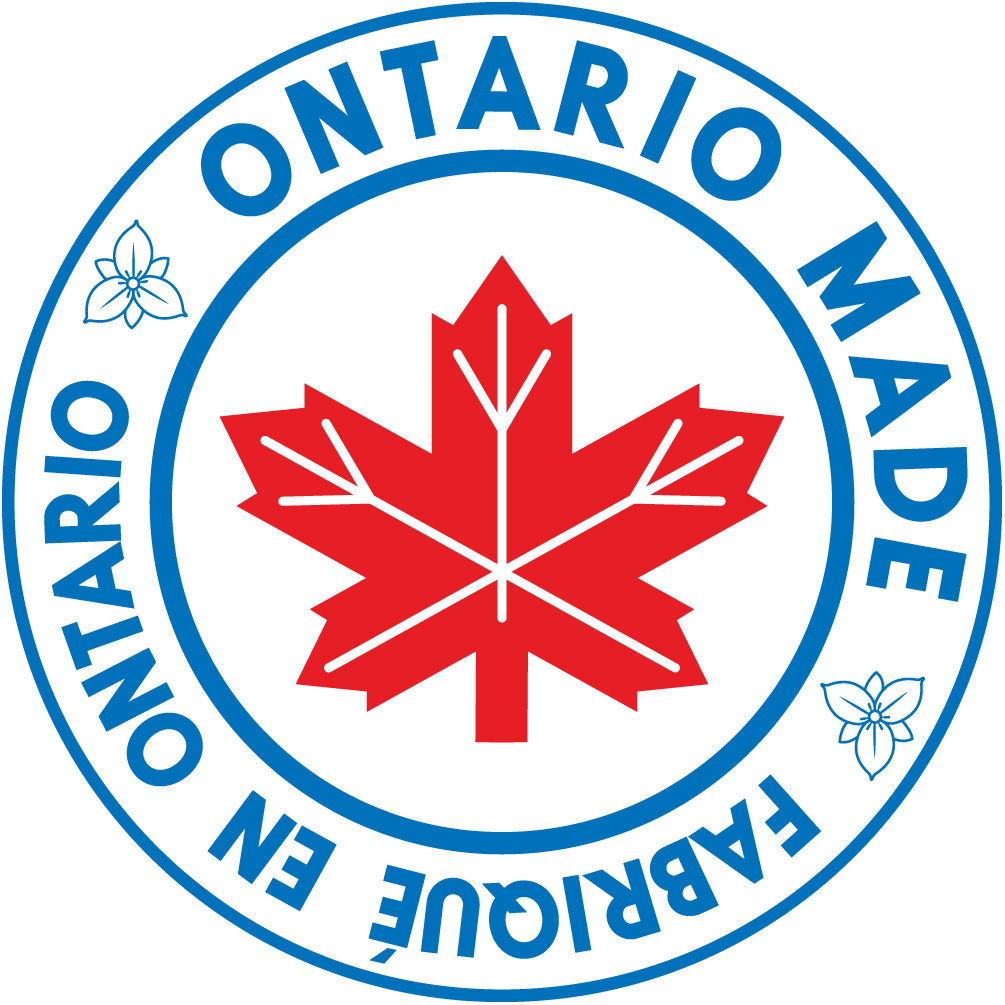Food Production and Manufacturing - TraceAll Overview
Are you ready for the Safe Food for Canadians Act (SFCA) and the associated Safe Food for Canadians Regulations (SFCR)? How about Food Safety Modernization Act (FSMA) in the USA?
TraceAll is a simple software solution that allows you to track every input in your business process at every step of the way.
What does that mean for you?
SFCR Compliance! FSMA Compliance!
In addition to providing complete One Step Back and One Step Forward traceability, TraceAll provides Faster product recalls and the ability to meet larger retailer listing requirements. This allows you to spend more time growing your business and less time managing complicated software or government requirements for your business.
All of this is automatic.... while you Manage you Inventory and control your processes!
TraceAll is designed to work with you.... to make your job of regulation compliance seamless in your day to day operation.
Contact us at: 519.896.4007
This email address is being protected from spambots. You need JavaScript enabled to view it.

Read more about the Safe food for Canadians Act
Safe food for Canadians Act
The "Safe Foods for Canadians Act (SFCA)" contains requirements that will affect almost ALL food manufactures in Canada. These regulations are contained in the "Safe Food for Canadians Regulations (SFCR)"
Highlights of the SFC Act (SFCA)
• Prohibitions against food tampering and deceptive practices
• Strengthened food traceability
• Improved import controls
• Modernization and simplification of existing food legislation
• Aligned inspection and enforcement powers
• Authority to certify all foods for export
• New review mechanism
• Stronger fines and penalties
SFC Act applies to import, export and inter- provincial trade – generally not Intra-provincial trade
Regulations in the SFCR
• Significant regulatory initiative
• Consolidates 14 sets of regulations into 1
• Existing regulatory framework incorporated
• Commodity specific requirements remain
• Complex, thorough regulation package
• New Elements-Preventive Controls, Licensing, Traceability
• CFIA will administer SFC Act and Regulations
• Incorporation By Reference (SFCA can be changed by Incorporating new rules - The SCFA does not have to be re-written therfore allowing changes to be implemented easier and faster)
3 New Key Elements in the SFC Act (SFCA/SFCR)
•Licensing
•Preventive Controls
•Traceability
New Licensing Requirements contained in the SFC Act (SFCA/SFCR)
• Registration with CFIA
• Records of existing food companies and the foods they produce
• More effective inspections
• Better communication of important food safety information
Preventive Controls are incorporated into the SFC Act (SFCA/SFCR)
• Written plan (PCP) outlining steps to manage potential risks to food
• Prevent food safety hazards and reduce likelihood of contaminated product entering market
• For:
• Importing food
• Preparing food to be exported or sold across provinces
• Store and handle meat in its imported condition for CFIA inspection
• Condition of licensing
Traceability (A requirement of the SFC Act)
• Record and Report all information regarding suppliers, materials supplied, when received, lot numbers, best before dates
• Record and Report consumption of raw materails (amounts, lot numbers) and products produced (including Work in Progress, Finished Products and Packed Products)
• Record and Report all information regarding customers, products (lot numbers, best before dates), sales and shipments
• Results in (must be able to produces reports that show): Track movement of food one step forward and one step back
• Prepare and keep records
• Processors:
• packaging and ingredients traceable back to original vendor
• all finished products traceable to first level of distribution
• Importers:
• trace back to the foreign vendor/processor
• trace products to first level of distribution
• Retailers:
• One step back to suppliers
• Records available to show CFIA
• Restaurants:
• Exempt
Traceability – the Records
• Prepare and keep records with dates
• Identify the food
• Common name
• Name and address of person who manufactured*
• Tracking information
• Trace food one step back
• Trace food one step forward
• Identify and trace back to ingredients or animals you slaughtered (if applicable)
• Maintain accessible, readable records for 2 years. Provide to CFIA upon request.
Traceability Information
You will need to have the following kinds of information for traceability…
• Lot codes, time stamps, etc
• Which facility did it come out of?
• How does code link to facility/ location?
• How do you document to show what raw materials went into that product?
• Outcome: document of all ingredients and packaging with full inventory accounting for:
• Use in product
• Remaining inventory
• Normal loss due to damage or spillage
Benefits for Consumers
• Safer food
• Quicker food recall from marketplace if unsafe or violative
• Better food programs
• Better controls for imported foods
Benefits for Industry
• Fairer competition
• Better traceability and recalls
• Use of innovative technologies
• Greater accessibility to export certification
• Better prevention of food-borne illness outbreaks
• More flexible policy changes by CFIA
• More flexibility in meeting requirements: outcome based vs prescriptive
• Improve trade opportunities, particularly for exporters
Other Industry Impacts
• ALL food businesses require a licence and will have to develop food safety systems.
• Greater CFIA inspection for companies that were low priority
• Fruit and vegetable dealers exempt from CFIA fruit and veg licence (if member of Dispute Resolution Corporation).
• Costs and greater CFIA enforcement
• Use of Administrative Monetary Penalties (AMPs) and other penalties
• Administrative costs for industry i.e. licence fees
• New costs to build food safety programs for companies lacking existing programs
• More and higher inspection fees
Recall and Complaints Requirements
• Have recall and complaint programs
• Investigate food safety and regulatory issues immediately
• Report food safety risks to CFIA
• Record, investigate and respond to complaints
• Documented recall procedure including company contacts
• Conduct Mock Recalls at least once/year
• All recall details documented and kept for 2 years
• Recall effectiveness checks done and recorded